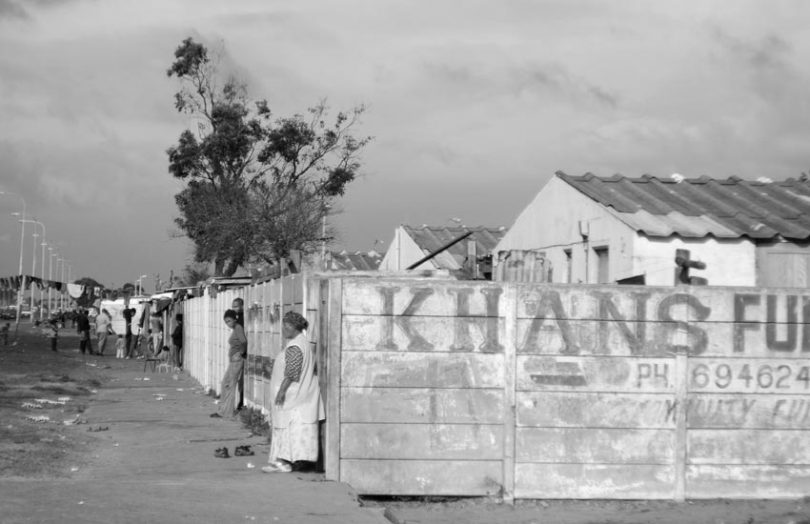The Centre for Affordable Housing Finance in Africa (CAHF), research consultancy 71point4 and blockchain developer Seso Global have launched a pilot for property registry in South Africa. The trial involves about 1,000 government-subsidized properties in Makhaza, Khayelitsha in Cape Town which are yet to be on entered on the deeds registry.
South Africa is facing a land titling problem. The government has built millions of houses under the Reconstruction and Development Programme (RDP), a socio-economic policy implemented by the African National Congress in 1994. CAHF said less than two-thirds of these houses have been registered even after being handed over to the owners. In the absence of title deeds, the beneficiaries are unable to get mortgages and other benefits.
Registering these properties long after the handover is a complex process, as the original beneficiaries may no longer live there. Some are deceased, some have tenants, while others have sold their houses informally.
“To create a register of property owners we first had to go door to door to find out who lives in each property and to establish how they came to be there,” says Melzer, founder and lead consultant at 71point4.
This information is being fed into the Seso platform to create an immutable record of ownership. Apart from a registry function, Seso’s platform also documents purchase and sale transactions and integrates with third parties to enable mortgages.
“For the time being, property owners will record these transactions at the Transaction Support Centre, a walk-in housing advice office created by CAHF and 71point4 located in the area. But over time, we will record transactions through the Seso app,” said Daniel Bloch, CEO of Seso Global.
From an administrative perspective, the City of Cape Town stands to benefit by having an up-to-date record of real estate ownership. The city municipality can collect revenue from eligible households and also approve new building plans. But the fact that the council may request payment for services could also act as a deterrent to participation in the project.
At the moment, CAHF, Seso Global and 71point4 are focusing on registering these subsidized properties, and plan to extend the solution to other use cases.
Seso Global has already launched a beta version of its platform in Nigeria, where people have been killed over land disputes. Seso is working with Nigeria Mortgage Refinance Company, a consortium of 25 banks and the Nigerian Ministry of Finance for the project, reported Pulse. But Seso’s main objective is to create a blockchain-powered real estate marketplace.
Blockchain for property registry is being trialed globally. The Spanish Association of Registrars is working on a registry for tourist rentals. Similar projects are also active in the UAE, Mexico and the UK.






